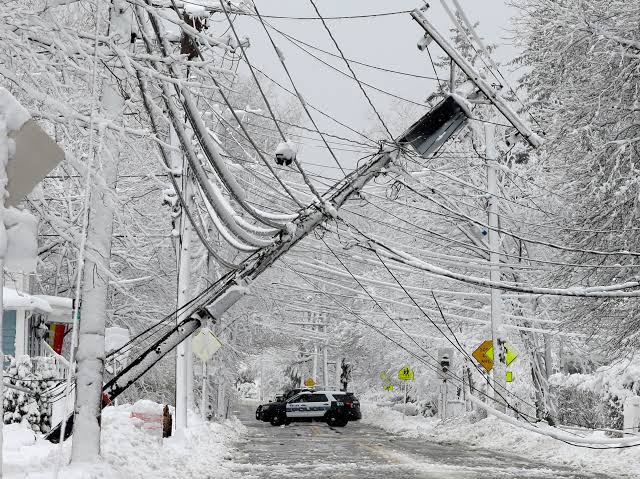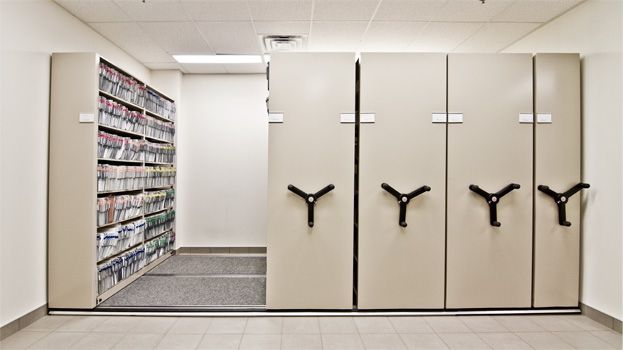How to Prepare for Power Outages During Winter Weather
Over the past decade, there have been more than 1,500 weather-related power outages. While any sort of power outage situation can be uncomfortable, winter weather ones have the potential to be deadly.
That’s because these types of storms can knock out heating systems, communications, and travel abilities. This leaves many people stranded without help.
That’s why it’s vital to properly prepare for these types of storms. So, exactly what types of things should you be considering when making your plan?
In this guide, we’ll be going over some advice on staying safe the next time a winter storm wipes out your power supply.
Invest in Good Flashlights
Here’s a situation many people find themselves in when power goes out. They reach for the nearest junk drawer only to find a flashlight that barely gives off a glow. Sometimes this might be because the battery is low.
However, more often than not, it’s because it’s a low-quality flashlight. You want to make sure there’s at least one high-quality flashlight per person. That way, everyone can see exactly where they’re going.
Ideally, you should also invest in some electric lanterns for public spaces in the house. It’s alright to light a candle or two. However, you don’t want to make this your primary source of visibility when it gets dark.
It can represent a serious fire hazard, which is the last thing you want in a power outage caused by winter weather.
Stock Up On Essentials
If you know a winter storm is coming, you need to stock up on essentials. We’ll be going over the different food options you can try in another section. However, for now, you’ll want lots of clean, bottled water.
This is vital because pipes often burst during winter storms which can leave you without water for days or even weeks. You should also get things like:
- Extra batteries
- Glow sticks
- Gasoline if you have a generator
- Matches
- Any medications you might need
- Blankets and sleeping bags
- Pet food or litter
In addition to the essentials, if you have kids, you might also want to consider getting them something to stay distracted. We recommend either some good books or board games that the whole family can play.
Have a Plan to Stay Warm
Most of the time, if your power dies you’ll be left without heat. This is true even if your system runs on gas because it needs electricity to stay warm. However, if you’re lucky you might have a wood stove.
In these cases, you should stock up on firewood. That being said, never light an open fire in your home as this can cause carbon monoxide poisoning. If you aren’t able to get some kind of portable space heater, your next best bet is a lot of warm clothes, a blanket, and sleeping bags.
If you have a family, consider setting up a little blanket fort or tent in your living room. Not only will this help everyone stay warm, but it can also turn an unpleasant event into a fun experience.
Create a Meal Plan
There’s no denying that you’ll be roughing it when it comes to food during a winter power outage. When thinking of ideas, go with shelf-stable things that can be eaten without cooking.
Peanut butter and jelly sandwiches, canned tuna, pre-made soups, beans, crackers, snack bars, and cheese are all good options. If you’re feeling fancy, you might get stuff to make a charcuterie board.
In some cases, you might have access to a propane or charcoal-powered grill. In these cases, consider using up some of the supplies in your fridge by grilling them out. This can also be a great way to heat some of the canned food that you might have.
Turn On Your Faucets
We know it can feel wasteful, but we recommend keeping your faucets dripping throughout the day and night during a winter storm. This helps ensure that the water in the pipes keeps moving and doesn’t freeze.
That way, you aren’t left with a burst pipe in the middle of a snowstorm. If the pipes where you live are particularly cold, we recommend turning off your water supply entirely.
Consider Solar Energy
If you’re tired of relying on your city’s faulty power grid, you might want to consider investing in solar power for your home. However, one of the most common questions that people ask in this situation is, does solar work in snow?
If solar panels are covered by a lot of snow, they won’t be able to create electricity. However, keep in mind that there are a lot of solutions to this.
From snow-resistant covers and heating pads to self-cleaning panels, there is no shortage of workarounds. Even just angling your panels the right way will make most of the snow slide right off.
On top of that, solar during winter is often more efficient. So as long as snow isn’t blocking them, you can get some solar energy for the essential systems in your home.
Invest in a Generator
Generators are another great way to power some essential appliances like your fridge or stove during a winter storm. If you want a simple setup, you can get one that you hook up manually when the power goes out.
Or, you can invest in a system that turns on automatically in the event of an outage. Keep in mind that there are also solar generators too. This is a good option if you want to benefit from solar power during an outage but don’t want an entire system in your home.
Power Outages in Winter Weather
We hope this guide helped you learn more about how to prepare for power outages during winter weather. As you can see, proper preparation simply involves having a plan.
At the bare minimum, you need to plan to stay warm, fed, and hydrated. However, if you have the means, consider expanding your plan to include alternative sources of power.
Want more content like this? Keep exploring our site now to find loads of similar content.
Stay in touch to get more updates & news on Discover Tribune!






